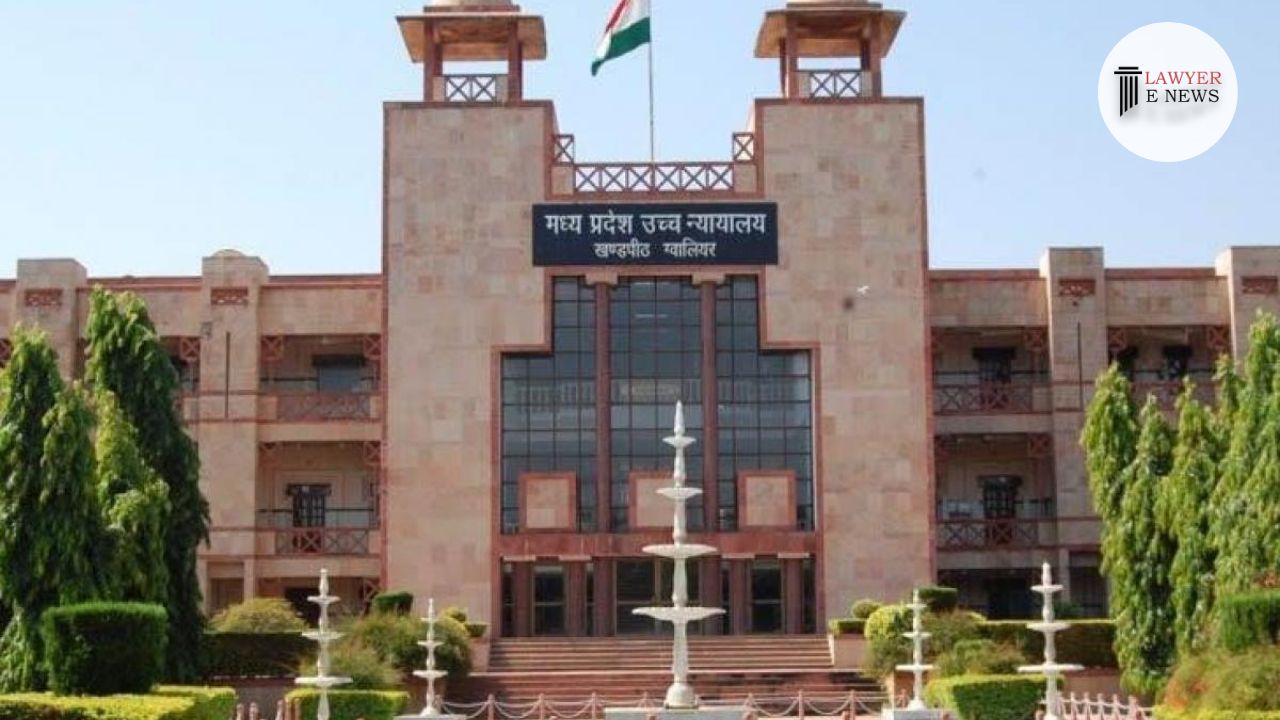-
by Admin
19 February 2026 3:14 PM



In a significant ruling, the Madhya Pradesh High Court at Indore Bench, presided over by Justice Subodh Abhyankar, dismissed a civil revision petition in a complex family property dispute. The case, titled Vinay vs. Harshvardhan and Others, involved a partition suit of ancestral properties and a contested will.
The petitioner, Vinay, had approached the High Court challenging the decision of the XIXth District Judge, Indore, who rejected an application under Order 12 Rule 6 of the Code of Civil Procedure. The application contended that the plaintiff had made admissions in the plaint that could resolve the suit without a full trial.
Justice Subodh Abhyankar, in his observation, stated, "Admissions must be able to be discerned by mere perusal of the plaint, otherwise, its evidentiary value can only be ascertained during the trial." This remark forms the crux of the decision, emphasizing the need for clear, categorical admissions in a plaint for early dismissal of a suit under Order 12 Rule 6.
The dispute revolves around properties inherited from the late Shri Manohar Khandekar, with the central contention involving a house at 18/2 Marai Mohalla, Indore, and another at 12/1, Old Palasia, Indore. The plaintiff/respondent No.1 claimed that the properties, including the one acquired through the sale proceeds of ancestral property, were left to him as per his father's will.
The High Court, in its judgment, also referred to the Supreme Court’s decision in the case of Karan vs. Madhuri, highlighting the discretionary nature of Order 12 Rule 6 and the necessity for specific, clear, and categorical admissions for a judgment on admissions.
In dismissing the revision, the Court concluded that the grounds raised by the petitioner required evidence and could not be adjudicated merely on the basis of the plaint. The High Court’s decision reaffirms the principle that mere references or indirect statements in a plaint do not constitute admissions strong enough to bypass a full trial.
This ruling sets a significant precedent in cases involving family property disputes, especially where the interpretation of wills and ancestral property claims are concerned. It underscores the importance of thorough judicial examination and trial procedures in resolving complex family disputes.
The detailed implications of this judgment are yet to be seen, but it certainly adds a new dimension to the legal understanding of admissions in civil suits.
Decided on: 14-12-2023
VINAY Vs. HARSHVARDHAN AND OTHERS
